Bruce Croft
Answer Interaction in Non-factoid Question Answering Systems
Jan 15, 2019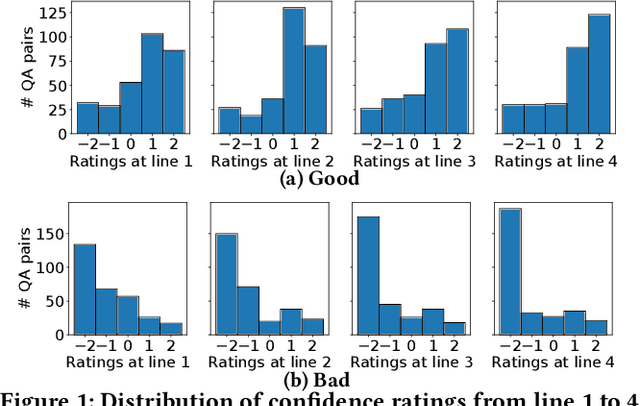
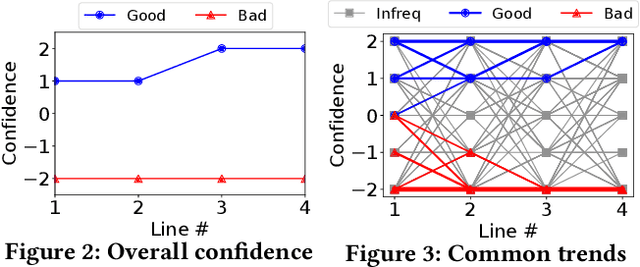
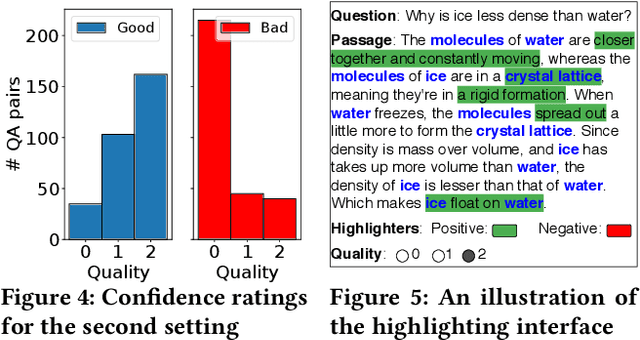
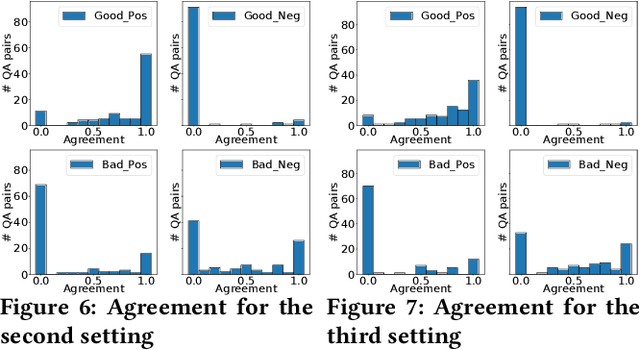
Abstract:Information retrieval systems are evolving from document retrieval to answer retrieval. Web search logs provide large amounts of data about how people interact with ranked lists of documents, but very little is known about interaction with answer texts. In this paper, we use Amazon Mechanical Turk to investigate three answer presentation and interaction approaches in a non-factoid question answering setting. We find that people perceive and react to good and bad answers very differently, and can identify good answers relatively quickly. Our results provide the basis for further investigation of effective answer interaction and feedback methods.
User Intent Prediction in Information-seeking Conversations
Jan 11, 2019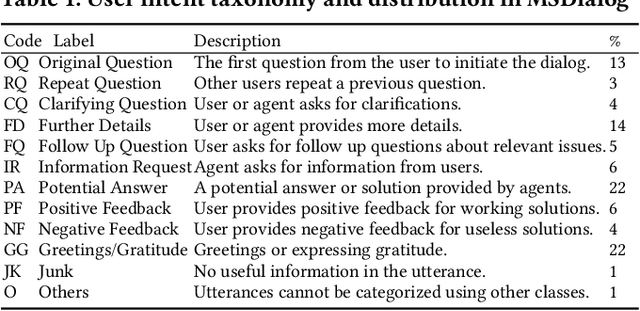
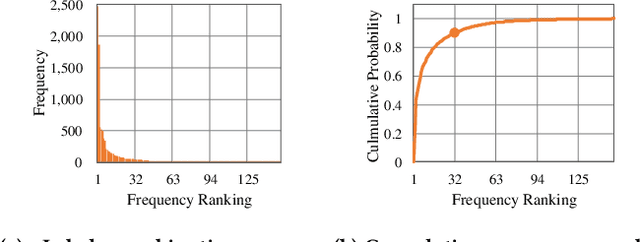
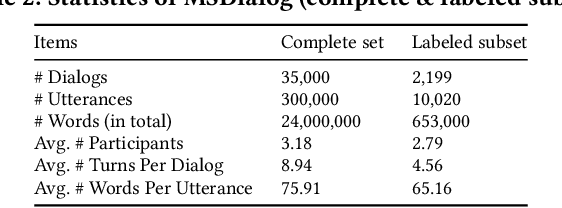
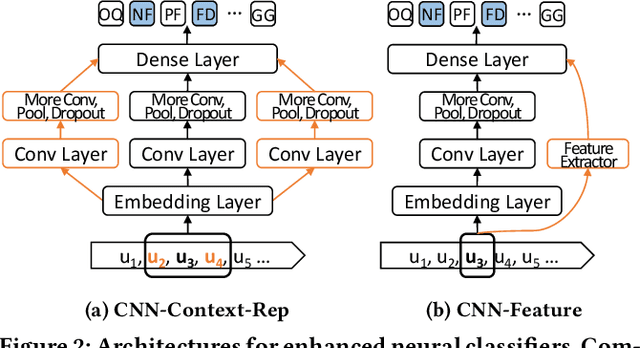
Abstract:Conversational assistants are being progressively adopted by the general population. However, they are not capable of handling complicated information-seeking tasks that involve multiple turns of information exchange. Due to the limited communication bandwidth in conversational search, it is important for conversational assistants to accurately detect and predict user intent in information-seeking conversations. In this paper, we investigate two aspects of user intent prediction in an information-seeking setting. First, we extract features based on the content, structural, and sentiment characteristics of a given utterance, and use classic machine learning methods to perform user intent prediction. We then conduct an in-depth feature importance analysis to identify key features in this prediction task. We find that structural features contribute most to the prediction performance. Given this finding, we construct neural classifiers to incorporate context information and achieve better performance without feature engineering. Our findings can provide insights into the important factors and effective methods of user intent prediction in information-seeking conversations.
 Add to Chrome
Add to Chrome Add to Firefox
Add to Firefox Add to Edge
Add to Edge